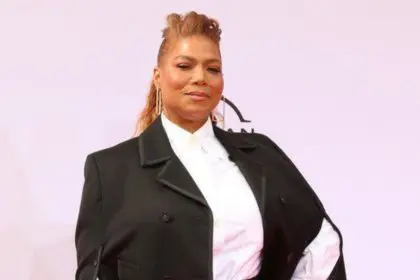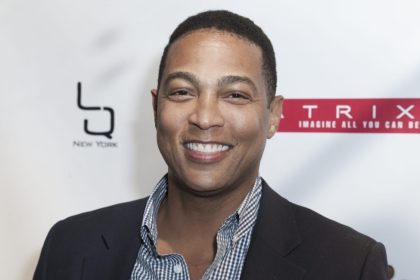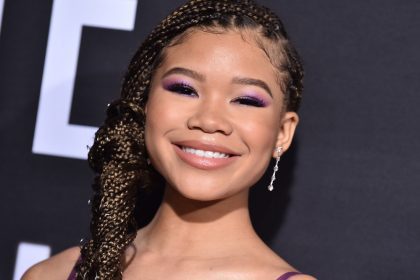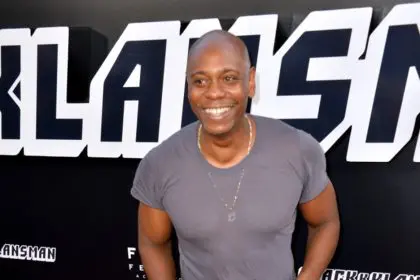[jwplatform IpslNe25]

Bessie Smith’s achingly sincere vocals helped elevate blues and jazz into popular standing in American culture, and the legendary singer’s story is being told in HBO’s highly anticipated “Bessie.” The star that rose from busking in the streets of Chattanooga to become “The Empress of the Blues” lived the sort of volatile and all-too-brief life that fueled so many brilliant artists and birthed so many mythologized legends.
Smith learned self-reliance early on; but it was her pairing with her brother, Andrew, as a duo of street performers that set on her on the path to stardom. Her eldest brother, Clarence, introduced her to the traveling Moses Stokes troupe, which included the legendary Ma Rainey. Rumors swirl regarding the nature of Rainey and Smith’s relationship, but what is known is that Rainey mentored Smith, who would soon begin performing her own act around the south. After making a name, Smith signed with Columbia upon moving to Philadelphia.
Bessie Smith’s vulnerable vocals and sly humor were hallmarks of a career that saw her become the highest paid female singer of her era and one of the torchbearers for black music’s emergence as a significant facet of American popular song. Smith’s struggle with racism of the day — both public and private — serve as a reminder of the ongoing battles that so many performers of color still face in modern society. And they also bring into sharp focus the hurdles that the LGBT community is still attempting to clear, as Mo’Nique (who plays Ma Rainey in the film) explains in the clip below.
Smith’s story is one as hard and conflicted as the blues has always been, but it’s a story of ambition and perseverance through tough circumstances. From Billie Holiday to Janis Joplin, countless blues, jazz, rock and soul singers have cited Bessie Smith as a major inspiration, and with “Bessie,” another generation of musicians and music fans will be exposed to the powerful art she left behind and the significance of her story.
















